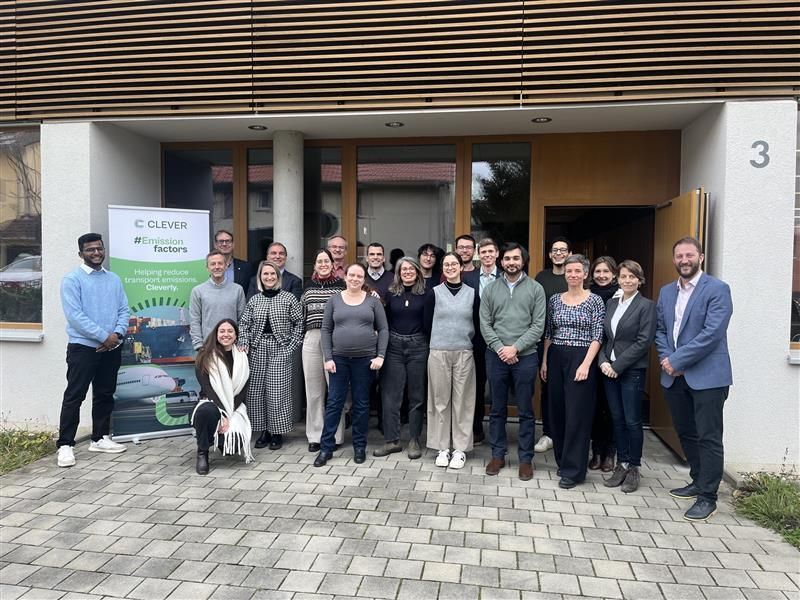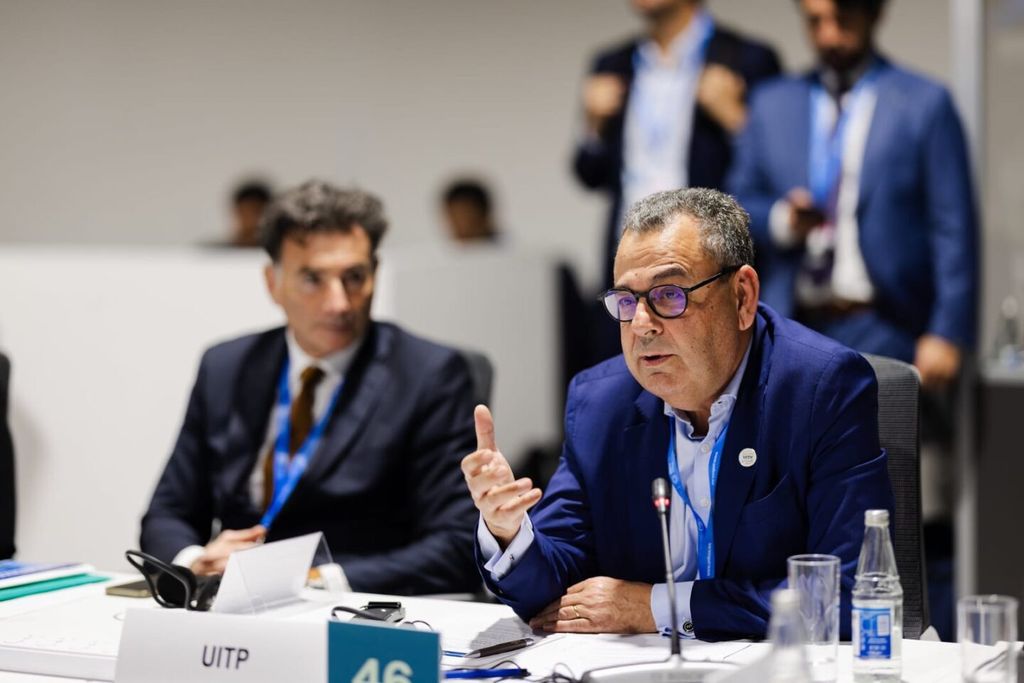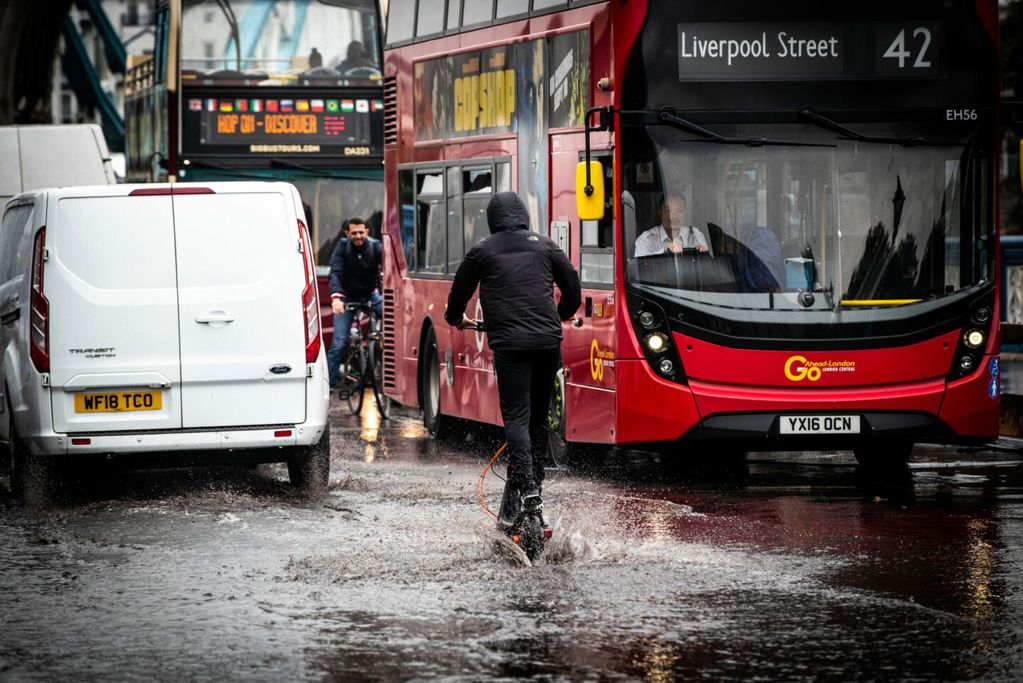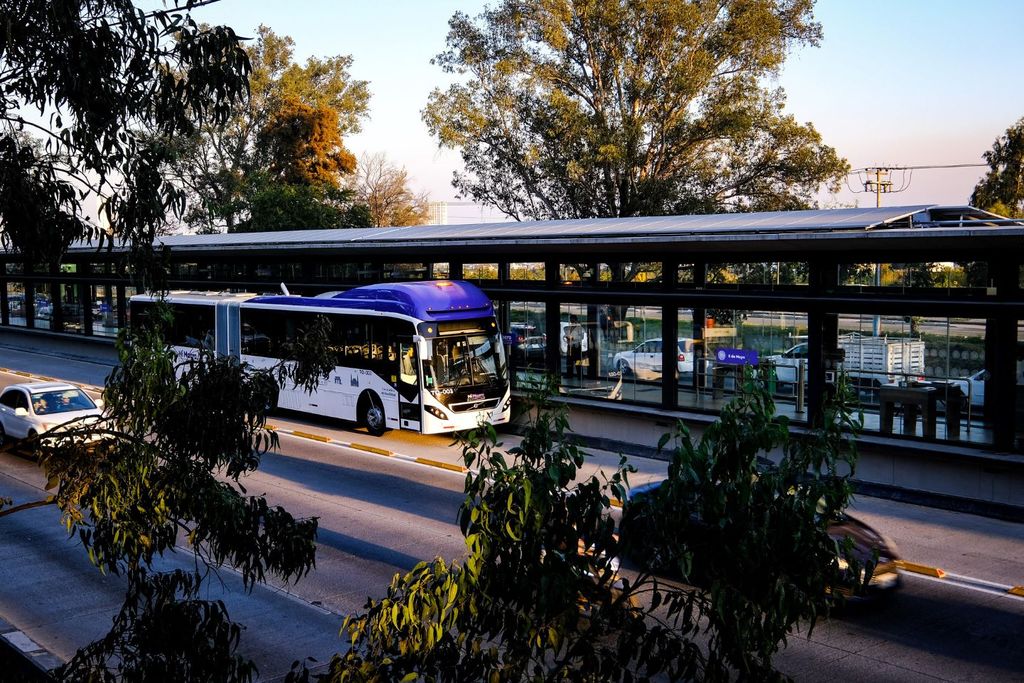
Third of countries overlook public transport in climate plans
One in three nations have yet to integrate public transport strategies into their climate action plans, shows the latest UITP analysis report on Public Transport & Nationally Determined Contributions (NDCs). Of countries that do include public transport in their NDC, only half actually identify a specific budget to deliver on the actions.
As the world gears up for the 2025 renewal of NDCs under the Paris Agreement, now is the time to build capacity and support the adoption of public transport to unlock the true potential of the sector.
In NDCs countries commit to actions that fight global heating and adapt to a changing climate. If used right, they could be our way out of the world’s current climate crisis and make public transport the backbone of urban mobility. This is not just a matter of environmental urgency but also a significant step towards sustainable urban development and equity.
Ensuring reliable and affordable public transport, complemented with active mobility, is the fastest way to decarbonise people’s daily mobility. This is key to make our cities, lives and planet better.
Society will benefit from every increase in modal share to public transport through fewer road fatalities and injuries, more inclusive access to opportunities, reduced congestion, improved air quality and freeing up space in our cities.
The right enabling conditions will be key to delivery, for which capacity building and technical assistance is an essential ingredient. The development of a template NDC for encouraging and supporting public transport and active mobility would help significantly.
UITP’s new NDC template is designed to guide national governments in bolstering their Nationally Determined Contributions (NDCs) by integrating public transport and active mobility strategies. This approach is essential to meeting the ambitious climate goals set for 2025 and beyond.
- 2x
Doubling public transport use would cut urban emissions in half.
- 1 in 3
NDCs don’t cover public transport
- 20%
of NDCs set tangible targets for public transport
Mitigation efforts in the transport sector can be categorised according to the ‘avoid, shift, improve’ model.
- Avoid measures rethink the overall transport system to decrease the need for motorised travel and aim to make journeys shorter. For example, by ensuring that essential services like education, healthcare and work are close to housing. This is often referred to as the ’15 minute city’.
- Shift measures seek to decrease the carbon impact of individual journeys by disincentivising polluting and energy intensive modes of transport in favour of greener options. One example would be to stimulate public transport over private vehicles.
- Improve focuses on vehicle and fuel efficiency, introducing renewable energy sources into the transport sector.
Growing evidence shows that Avoid and Shift strategies reduce emissions and improve transport access at lower costs than Improve measures, particularly in rapidly urbanising developing countries.
At the same time, growing evidence shows that existing policies are over reliant on expensive technological innovation. These are insufficient to achieve the systemic and rapid transformation needed to meet global climate and equity goals.
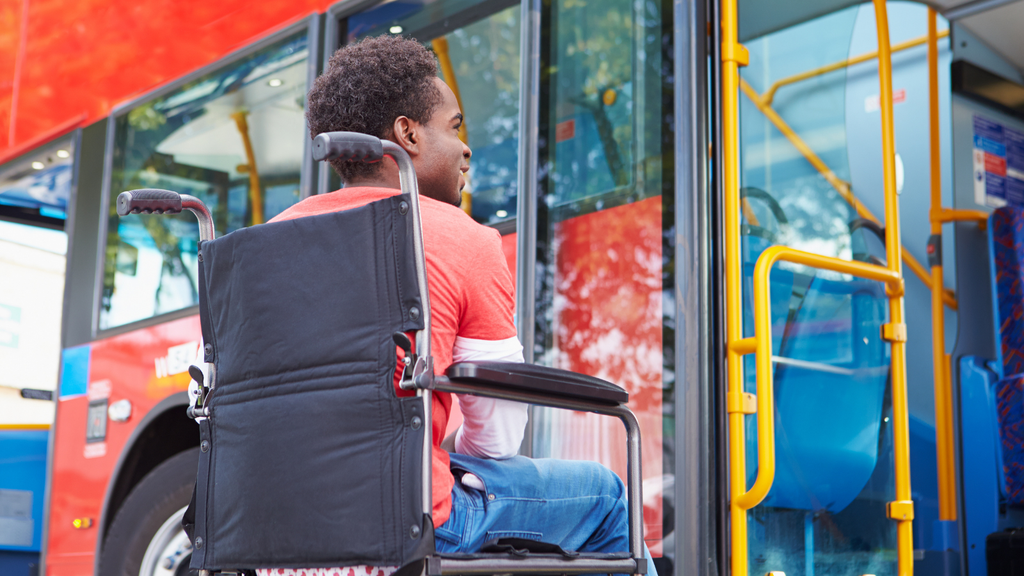

And enhance the ambition of NDCs
The emissions reduction potential of public transport is undervalued. Doubling the use of public transport and designing cities around it to reduce car dependency would cut urban transport emissions by more than half.
It will yield a 5% cost saving, and drive industry by creating tens of millions of jobs, compared to continuing on the existing investment pathway. This is because every dollar invested in public transport, brings back fives times more into the wider economy. As a result, the investments pay for themselves.
NDCs should:
- Include a range of public transport and active mobility policies and measures. They must outline specific commitments, finance and ambitious targets.
- Support regional and city governments, and outline how national governments will support city-level action on public transport.
- Include the plans and actions of the public transport sector to reduce their operational carbon footprint and support a shift towards public transport in NDCs to make them more ambitious.
- Support capacity building and technical assistance, particularly from non-state actors, to ensure NDCs are not only delivered, but made even more ambitious.
- Measure key performance indicators, both linked to greenhouse gas emissions and those linked to other societal factors. This will allow for linkages with the United Nations Sustainable Development Goals.
The ideal NDC connects national and sub-national policies, includes data on current transport sector emissions and articulates ambitious emissions reduction targets and wider sustainable transport goals.
It would be accompanied by a strong national and local governance framework and long-term investments in public transport at the national and local level. It should also address adaptation measures to prepare for the changes brought by climate change and make links to the wider SDG agenda. Effective collaboration is key to delivery.
As COP28 approaches, this report serves as a critical reminder of the collective effort required to steer the world towards a more sustainable, equitable, and climate-resilient future. The integration of robust public transport strategies in NDCs is not merely a policy choice but a necessity for the health of our planet and the well-being of its inhabitants.
The right enabling conditions will be key to delivery, for which capacity building and technical assistance is an essential ingredient. The development of a template NDC for encouraging and supporting public transport and active mobility would help significantly.
Read the full report by clicking the link below:
UITP is at COP28 in Dubai to advance public transport and ensure that more countries include the sector in their NDCs.
exclusive resources

